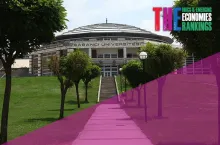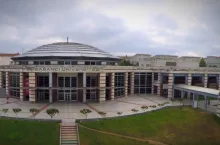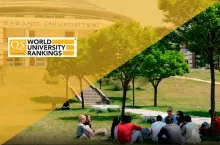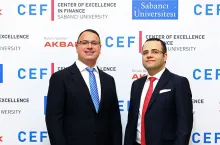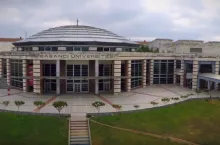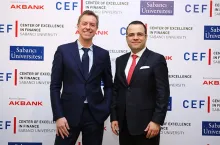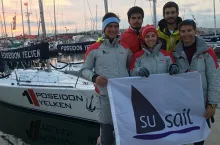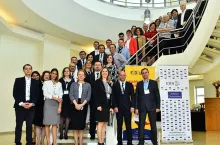He was a distinguished professor of physics, University of California, Davis, research professor of physics and professor emeritus of physics and electrical and computer engineering in the Center for Advanced Study, University of Illinois at Urbana-Champaign (UIUC), and a staff member in the office of the Materials, Physics, and Applications Division at the Los Alamos National Laboratory, and was associated with many universities around the world.

David Pines was one of the pioneers of condensed matter physics, with significant contributions to nuclear physics and astrophysics. He was a guide, mentor and friend to generations of physicists from all over the world. With his wife Suzy (1925-2015) their warmth touched the lives of many. He received many prestigious prizes, and was a member of international academies, including honorary membership in The Science Academy – Bilim Akademisi, Turkey, which he supported during the events leading to its foundation.
David’s effectiveness in networking complemented his brilliance as a scientist. He was instrumental in developing scientific contacts with Soviet and later Chinese scientists during the cold war. He contributed to the foundation or development of many enterprises like the Aspen Center for Physics, The Santa Fe Institute, The Institute for Complex Adaptive Matter (ICAM) and its international extension I2CAM, editor of Reviews of Modern Physics and the Frontiers in Physics book series. He was a champion of the concept of emergence in science, a guiding principle of SFI, ICAM and I2CAM. In his last years Pines started and promoted the Think Like a Scientist initiative for science literacy, education and scientific and critical thinking aimed especially at middle and high school students. His legacy is in the motto “Think like a scientist.”
Click to read David Pines's article titled "Designing a University for the Millennium: A Santa Fe Institute Perspective"
Adopted from the announcement of The Science Academy; www.bilimakademisi.org

